In part 8 of this guide, we learned that solving plastic pollution and moving towards zero waste needs a whole system change to be successful. This is a really big task! And sometimes it can make you feel like your actions are just a drop in the ocean. But it’s important to remember that what we do still matters. In fact, without us system change would never happen!
Why is this? The short answer is that individual change and system change are not opposites. They work together.
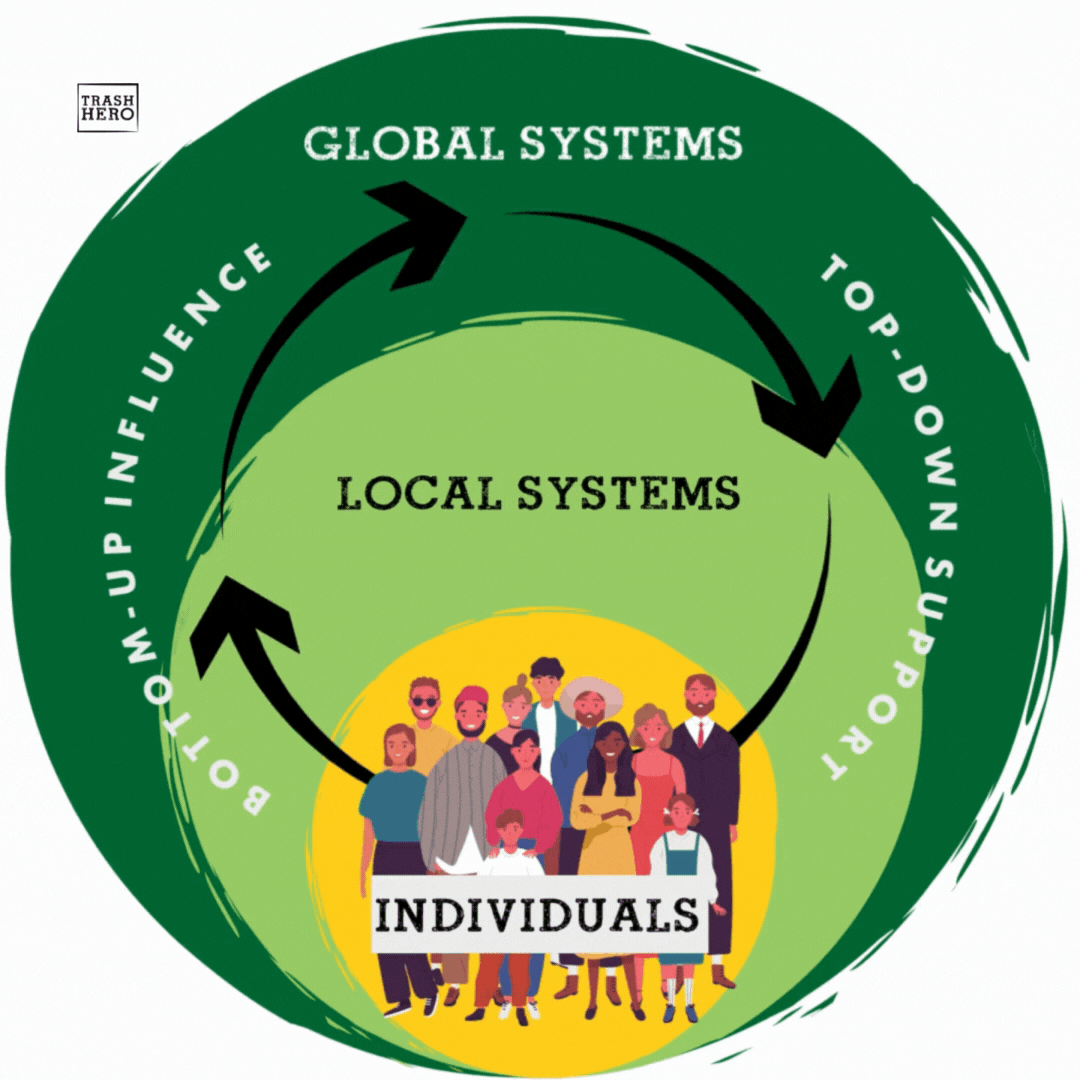
The kind of change we looked at previously is called top-down system change. This is because it comes from people in charge, who hold the power and authority to control how things are done. Some examples are: governments passing laws to punish polluters; building infrastructure for reuse; or the food industry setting new standards for packaging and labelling. The new Global Plastics Treaty from the United Nations will be the biggest top-down change ever for plastic pollution! But even the people in charge of your local trash collection would make a big difference if they made people sort their waste. When the people at the top change the way things get done, everyone has to follow – and they will also be helped to do that.
But there is another type of change, that starts with us. This is called bottom-up system change. It comes from individuals like us taking action and influencing the smaller local systems that we live in – schools, offices, shops, restaurants etc. Some examples are setting up a water refill network, a repair cafe, a community garden for composting or a campaign to bring your own containers for take away food.
Initiatives like these influence how people and society think about a problem like waste and plastic pollution. In turn, this puts pressure on the higher levels of government and big companies to respond. They need to meet our new expectations. Even if this takes a while, we’ve already planted the seeds.
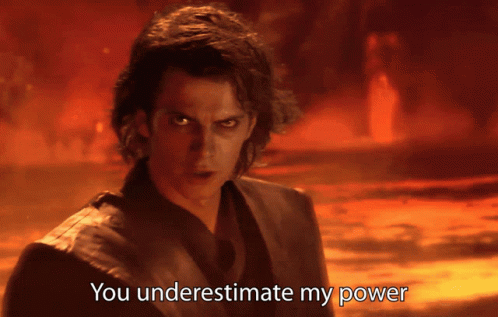
Individual action can take many forms: from protests to citizen science to organising a clothing swap. The key is to link up with other people doing the same thing, so that our individual impact multiplies. This is known as collective action and it creates momentum for wider system change.
Here are the twins with more:
Ideas for individual and collective action that change the system
Create a new normal
Just think how rare it was to see a reusable water bottle a few years ago and how common they are now. This is a result of people who started making those swaps and showing their family, friends and others that another way was possible. To help raise people’s awareness of plastic pollution, you can:
- Share your zero waste lifestyle on social media
- Talk to your friends and family about why you’re making these changes
- Take your reusables to new places, like street food stalls, the deli counter, or your regular lunch venue
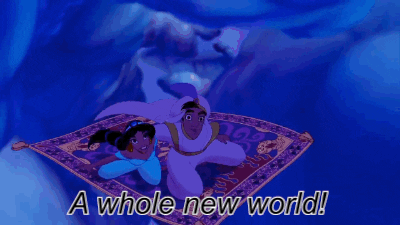
Influence local systems
There are many small local systems that we are part of – our school or workplace, our street or apartment building, or even our wider neighbourhood. As we already belong in these places, it’s often easy to start a small campaign or project that will help others in the same system to reduce waste. If you feel you don’t have enough influence to do it alone, ask some friends for support, or join a group that’s already working on similar issues.
You can:
- Start a campaign to reduce single-use plastic or other waste at your school or workplace canteen
- Ask local cafes to offer a discount for people who bring their own container
- Join or start a Trash Hero chapter doing community cleanups
- Get people composting
- Ask friendly neighbourhood businesses to join our water refill network
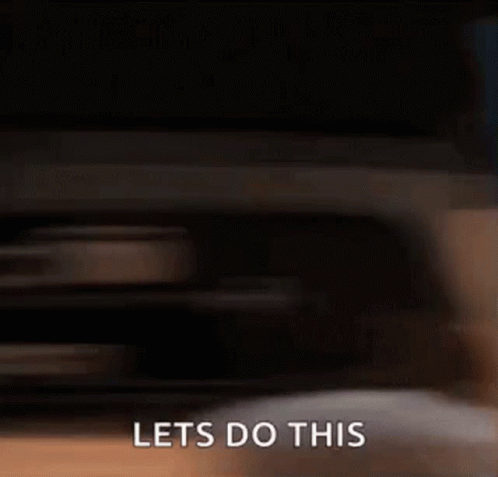
Influence big companies
Because companies want to make money, they usually listen to their customers – people like us! That’s actually why you see so much greenwashing lately. Big business knows people are worried about plastic pollution so they are trying to fool us into thinking they care 🙄 But the more pressure they feel, the more likely they are to take real action. You can:
- Do a brand audit, or join one from Trash Hero or other groups
- Call out greenwashing and false solutions on social media
- Start a boycott of big polluters and get others to join
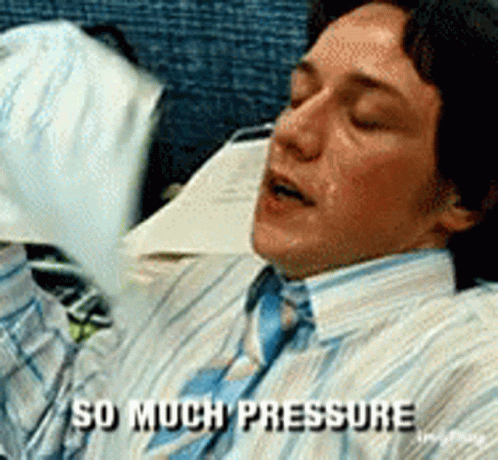
Influence governments
As well as being a consumer, you are a citizen with the right to a clean, healthy and sustainable environment. Governments have a lot of power to decide what companies can and can’t do and the collective action of individuals can help to push for policies that would make them responsible for the pollution they cause. You can:
- Start or join a campaign to support zero waste infrastructure or EPR laws
- Start or sign a petition supporting a strong Global Plastics Treaty
- Write letters to your local government representatives
- Join a protest march or rally about plastic pollution
- Join a group that does all of the above and more! See the links below for some ideas
All of these actions follow the golden rules of reducing waste at the source and working towards a safer, fairer and more sustainable system for people and planet. Hopefully you can find something here that you would feel comfortable doing! And again, we encourage you to find a group that is doing similar things, or start your own: it’s way more fun and way more impactful to work together.
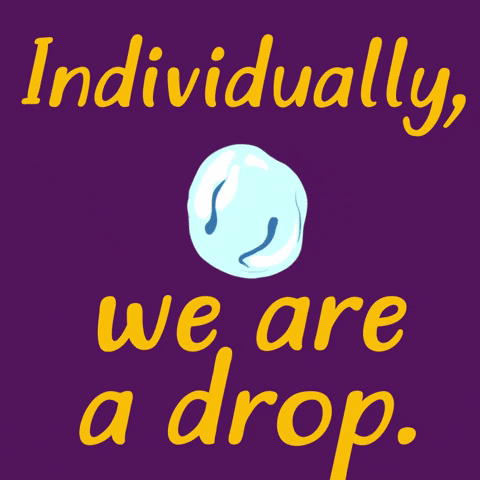
It’s also important to keep learning about these topics! Although we’re wrapping up this guide here, feel free to go back to previous parts and watch or read things you missed. A deep understanding of the issues – and the real solutions needed – will make any action you take more meaningful and powerful.
Good luck and let us know how you get on!
To get more inspiration for the actions you can take, check out our reading and watch lists below. Take your time to explore whatever appeals to you. If you want to discuss any ideas you have, or have some thoughts on the question below, leave us a comment!
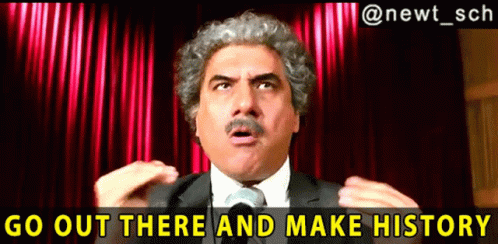
➤ Individual vs. collective: are you responsible for fixing climate change?
➤ 10 ways people power can change the world
➤ Meet Asia’s zero waste warriors
➤ Join Break Free From Plastic Youth
➤ Greenpeace Youth Action Sheets
➤ Start a petition
➤ Start a Trash Hero chapter
❗ TRY THIS
Make a list of different actions you would be willing to take to fight plastic pollution. For example, you might want to:
– Join a group
– Volunteer
– Talk to your school
– Campaign on social media
– Do a brand audit
Do some research on each one.
❓ OVER TO YOU
Would you describe yourself as a consumer or a citizen? What is the difference?
💡 Think about the amount and kind of power that comes with each label.
Let us know your thoughts below!
Note: comments are moderated so they won’t appear right away


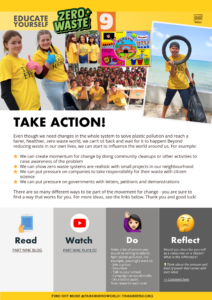
Join the conversation